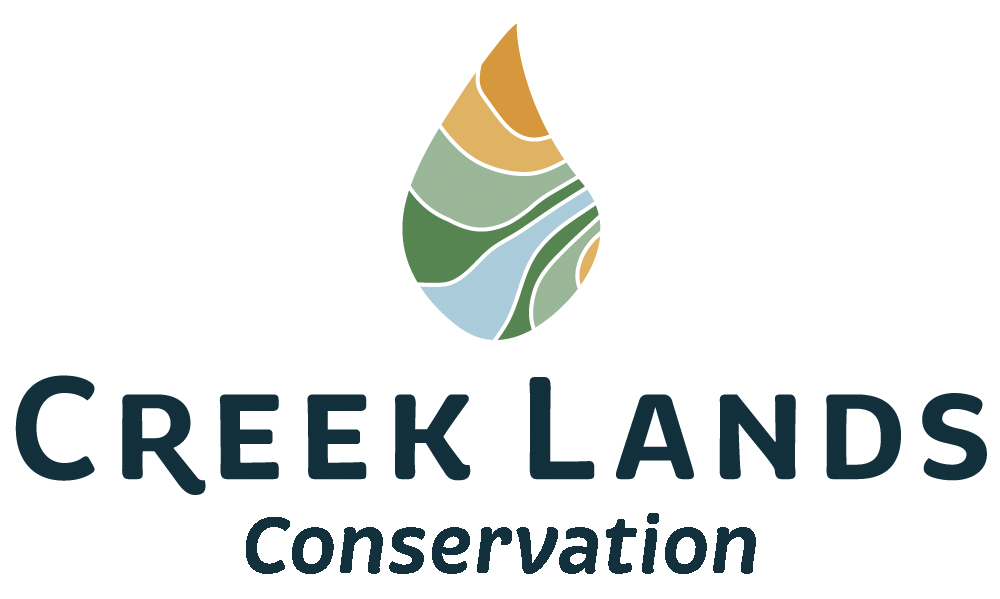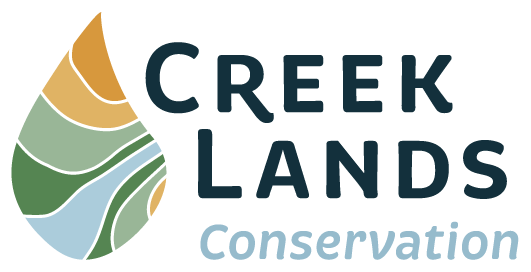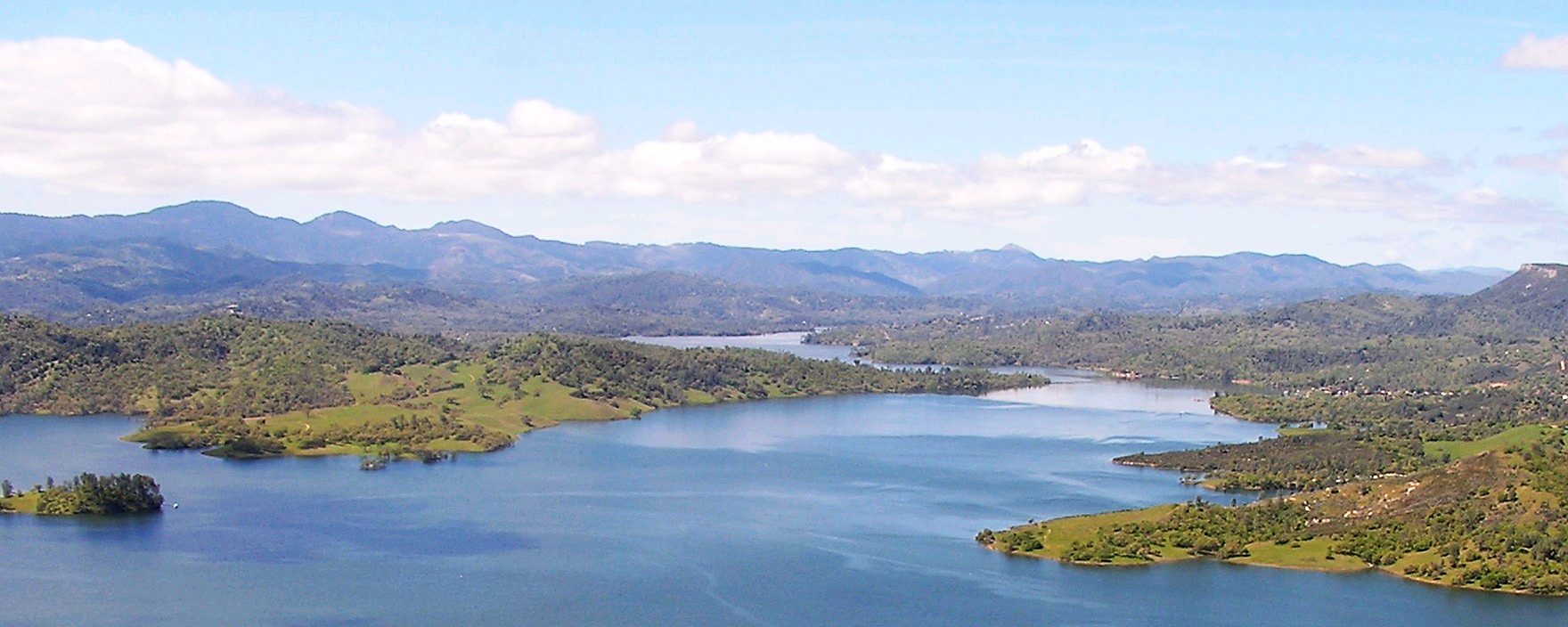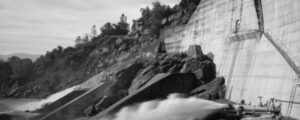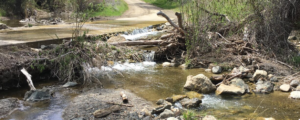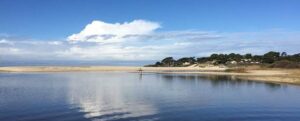Project Overview
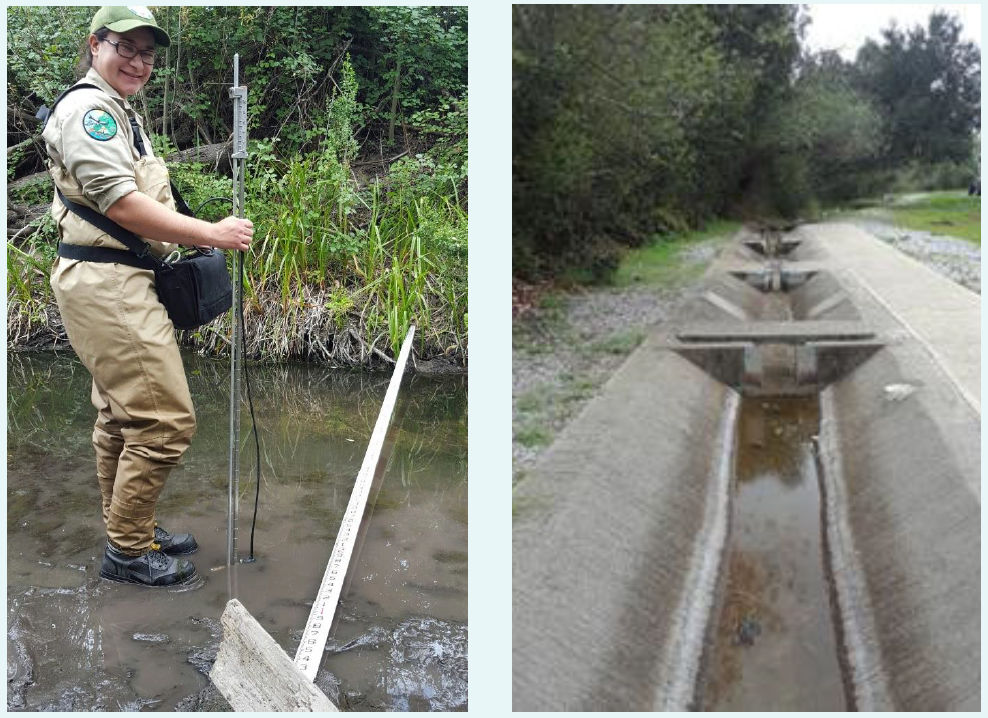
The need to accurately track low flows (< 1 cfs) and micro flows (<0.25 cfs) in South-Central Coastal California began to come into focus in 2013, when a recovery plan for the federally threatened steelhead (Oncorhynchus mykiss) was finalized (NOAA, 2013). The federal recovery plan identified that activities which reduce instream flows (e.g. surface diversions, groundwater extraction, and channelization) create the highest severity threat to O. mykiss populations.
Based on this information, the steelhead recovery community in South-Central Coastal California took strategic steps towards conserving and enhancing dry season flows including implementation of flow enhancement projects for ecological purposes such as rainwater harvest; stormwater capture, groundwater recharge; peak flow capture and storage, and consumptive water use reduction. Although individually these projects provide small amounts of water, the stream systems on the South-Central Coast often have very low summertime EWD (e.g. in the range of 0.2 and 0.8 cubic feet per second (cfs)) (Stillwater Sciences, 2014). As such these projects cumulatively stand to significantly increase ecologically vital dry season flows.
Accurate accounting of both micro flows (<0.25 cubic feet per second (cfs)) and low instream flows (<1 cfs) using standard methods and protocols is difficult at best. The standard methods to measure flows as approved by the USGS (e.g. Rantz, 1982; Turnipseed and Sauer 2010) were generally developed for higher flows. To our knowledge, no investigation of hand-held velocity meters nor the error associated with them at lower or micro flows has been conducted. This situation poses a challenge for ecological flow accounting and tracking programs.
As a result, Creek Lands Conservation, in partnership with the California Polytechnic State University at Cal Poly, conducted a flume and field study funded by the National Fish and Wildlife Foundation to investigate and quantify the error associated with commonly used hand-held velocity meters and associated top-set wading rods.
PROJECT CONTACT
Team Creek Lands
Email: info@creeklands.org
Phone: (805) 473-8221
Other keywords:
